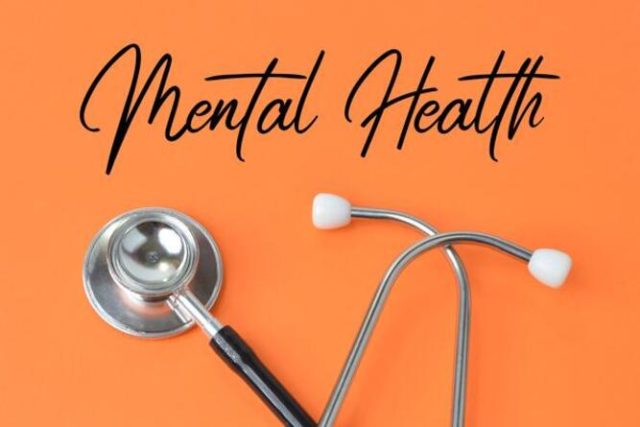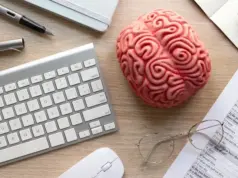Fitness can be achieved through daily exercises,which will add value to mental health in terms of better sleep, and reduced anxiety levels. A person may feel more relaxed and positive with lots of energy as well. A normal 15 minutes walk a day can be a powerful catalyst for the reduction in the major depression level. The fitness level can shape neural growth further, the thinking process becomes more positive, and the feel-good emotions replace the negative thoughts. Age is not a factor for the fitness level to carry forward, the importance of exercise is inevitable for mental health.
- Anxiety
Exercise is a natural anti-anxiety treatment that relieves tension and stress and also boosts mental strength, the endorphins are released more to make a good feeling of well-being. The constant worries of your concerns would no longer bother you, fitness will help you to break the cycle of anxiety, the body muscles would be relaxed, and as body and mind are closely related, the mental health of an individual would be well balanced.
- Stress
Doctors are nowadays moving from daily medication to fitness and exercise for the well-being of the mental state. Exercising helps to start the body’s nervous system and talk to one another, making the body’s ability to react to stress better. Exercise can also increase the body heat, which aids in releasinga calming effect on the brain, resulting in good sleep.
- Memory
The fitness level also keeps an eye on memory, mood, motivation, and concentration level as well. The fit person always can focus on his regular life and achieve more in life. Fitness not only improves mental health but also helps to boost cardiovascular and physical health.
- Activity and ADHD
One of the uncomplicated and most effective ways to lessen ADHD symptoms and enhance concentration, memories, and mood is regular exercise. Norepinephrine, dopamine, and serotonin concentrations inside yourbrain are increased exceedinglywith regular exercise, which in return results in an impact on attention span and focus.
- Socialising
Fitness can always offer an opportunity to socialise and get social support as well, Meditation with other mind and body-connecting exercises can strengthen mental health. The practice of achieving peacefulness through the visualisation of soothing imagery of any location, scene, or incident can be a great exercise for the brain to achieve good mental health, this can boost emotional well-being and calm down in daily life.
- Trauma and PTSD
There is evidence to support the idea that paying close attention to your own body and the way is is when you’re exercising can assist your nervous system to get moving and begin to reappear from the stress that makes you immobile. To help concentration better you can focus on the movement of your body, joints, and muscles when exercising rather than zoning out. Some of your greatest choices will be exercises that include both your arms and legs.
The focus on self-confidence, having a break from daily life, having fun, having an outdoor program, and an outing with friends, and family is very important for mental health. Simple moves in life like Yoga, swimming, walking, jogging, and mowing the lawn can also enhance mental peace.
Conclusion
Fitness is an important powerful tool to improve the mental health status of an individual, The process should be enjoyed by the individual to sustain the same in daily life, which will improve the moods and self-satisfaction and increase the energy level to live a healthy life.










































